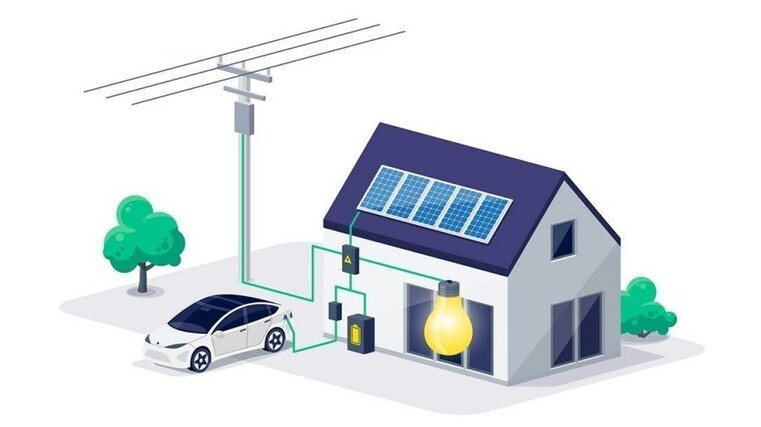Solar boost for EVs

“Common sense” changes in the energy and building consent systems will drive greater residential solar uptake in New Zealand to meet extra demand for power including to charge EVs.
The government is expanding the permitted voltage range for electricity networks so people with solar panels can send more power back to the grid.
In addition, changes are being made to clarify that building consent is not needed to install rooftop solar panels on existing buildings.
And councils will be required to process building consents for new homes with solar panels within 10 working days – down from the standard 20 working days.
Minister for Energy, Simon Watts, says: “New Zealand’s residential uptake of rooftop solar is lower than many other countries. This government wants to change that so more Kiwis can generate, store and send their own electricity back to the market.
“Rooftop solar will play a crucial role in supporting energy security and reducing emissions. But our networks need to be able to better support the growing flow of electricity from consumers, while also dealing with demand for more electric-vehicle charging.
“That’s why we are expanding the voltage range from +/-6 per cent to +/-10 per cent to manage the changing flow of electricity from rooftop solar and EV charging. This will future proof our electricity system and help electrify the economy.
“Modelling suggests this change could boost solar investment and overall generation by a 507GWh through increased solar connections.”
Chris Penk, Minister for Building and Construction, adds: “We need the right incentives in place to make rooftop solar a realistic option for Kiwis.
“With the energy system preparing for a surge in residential solar, the consenting process needs to play its part to support the transition.”
Watts notes that expanding the voltage range could help avoid hundreds of millions of dollars in infrastructure upgrade costs to accommodate rooftop solar and EV charging being passed on to Kiwi households.





